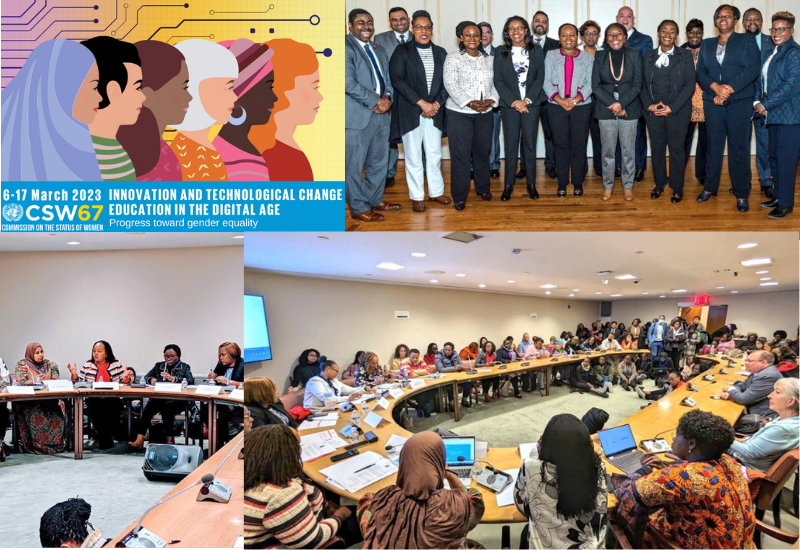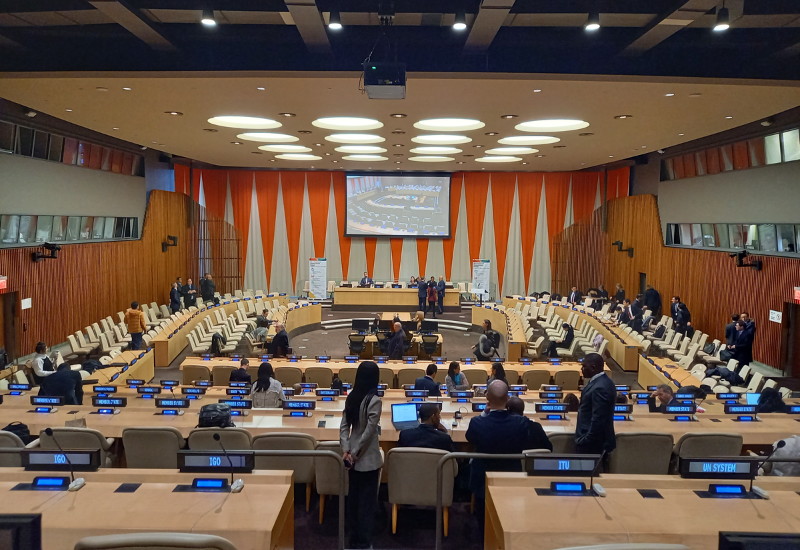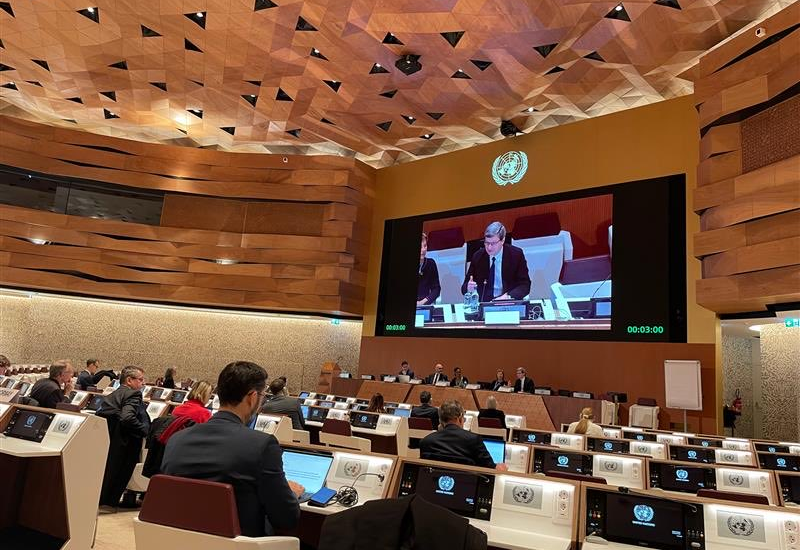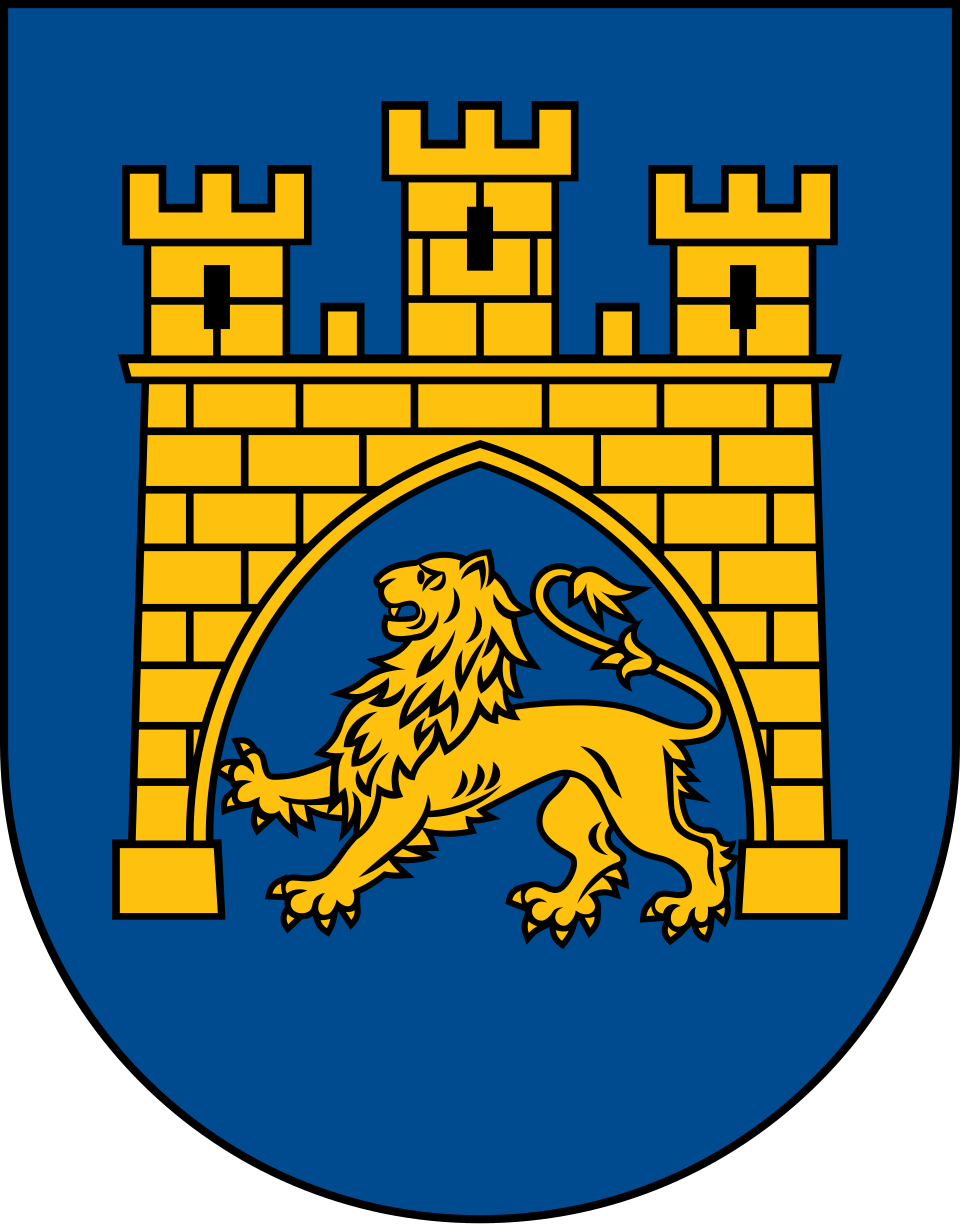Participate in the events of the International Agenda
This March has been one of great activity related to the global agenda, an activity that has had a notable presence of ORU Fogar's members. During this month the CSW67 (Commission on the Status of Women), the United Nations Development Cooperation Forum and preparatory meetings for the Food Systems Stocktaking Moment were held.
With more than 7000 participants and held at the United Nations headquarters in New York, the Commission on the Status of Women was undoubtedly the largest of these events. It is an intergovernmental space that began in 1946, which from 1996 onwards was charged with following up the achievements of the Beijing Declaration, but which had not been convened in recent years. In this edition, special attention was devoted to the implications that the digital and technological revolution may have on the gender agenda. The conclusions specify policies to reduce the digital divide on gender, as well as policies to prevent forms of cyber-violence against women.
One of the officials present in New York was the chairwoman of the Council of Governors of Kenya, Anne Waiguru. The governor of Kirinyaga defended the need for women to have land rights as a way of supporting the agricultural sector and ensuring food security. She also affirmed the need for women to have access to technology and gave as examples of success the micro-strategies of her policies in Kirinyaga.

The regional Minister for Equal Opportunities and Feminisms of the Government of Catalonia, Tania Verge, also had an extensive agenda in New York. She spoke on behalf of ORU Fogar and stated that "There cannot be a global feminist agenda without a local and regional feminist agenda". She pointed out the need for "grassroots" governments to commit to policies that are committed to equality.
The Basque Women's Institute, EMAKUNDE, presented its "Country Pact for Equality and lives free of violence" in New York, at the same time as it organised the side event "Bridging the gender gap in innovation and innovation", in collaboration with the government of Flanders and the government of Uruguay. Miren Elgarresta, director of EMAKUNDE, explained the purpose of the event: "We must incorporate the gender dimension into scientific and technological research. We must show girls examples of women working in these areas, ensuring that their choice of studies is not predetermined by gender prejudices.”
Coinciding with the CSW67, the United Nations headquarters in New York also hosted the Development Cooperation Forum. It was attended by a delegation from ORU Fogar's Development Cooperation Working Group. The Forum noted that multiple crises are taking place, with old problems coinciding with the emergence of new ones. Faced with this situation, the importance of giving collective responses to global problems, focusing on the most vulnerable people and groups, was highlighted. There was also consensus on the need for "a considerable increase in development cooperation budgets", referring to the need to reach the 0.7% commitment.

At the opening, the President of the United Nations Economic and Social Council, Lachezara Stoeva, said: "This forum must serve to make development cooperation stronger and more focused on the least developed countries. It is a space that highlights the value of Development Cooperation as a policy to face and overcome global challenges". During the debates, the danger of inequalities was highlighted. At the beginning of the 20th century, it was said, Keynes had already warned that if we did not tackle poverty and inequality in specific countries and regions, global problems and conflicts would be created, and this is what we are currently experiencing.
One of the points that deserved most attention was the need for a new configuration of global finance, as it currently responds to a model of the last century and the reality we live in is different. Several countries from the global south highlighted the importance of south-south and triangular cooperation, with countries such as Chile also making a presentation on circular cooperation, which implies the need to break down the dichotomies between donors and recipients, considering that resources and knowledge exist in the global south today. The representative of the cooperation agency of the Eastern Republic of Uruguay stated that his country is a middle-income country, and that the priority in terms of needs is the training of human resources. Several countries took a position on this idea, affirming, as the representative of Chile exemplified very well, that "circular cooperation requires rethinking power relations at the global level, otherwise it will never be an effective reality".
Food Systems Stocktaking Moment
On the 28th of March, ORU Fogar's Food Sovereignty Group participated, in Geneva, in the preparatory meeting of the Food Systems Stocktaking Moment. This Summit, which will take place in Rome from the 24th to the 26th of July, is the moment in which the FAO and the United Nations evaluate the world food system, as well as the commitments to the Sustainable Development Goal 2 "Zero Hunger".

Sergi Cot, representing the Côre Group, addressed the plenary confirming that ORU Fogar's and regional governments' commitment to food security is long-standing, that it was ratified in Temuco, Chile, during the IV World Summit of Regions on Food Security and Food Sovereignty, known as the "ZERO HUNGER" summit. He presented the manifesto "THE REGIONS IN VIEW OF THE COMING HUNGER" MANIFESTO FOR THE IV "ZERO HUNGER" SUMMIT and shared the actions planned by the regions to combat the great challenge of malnutrition in the world. He underlined the conviction that regional governments are key to the fight for food security, because "they are the administrations closest to the territory and its people and those that can react more quickly to take measures and with a greater transversal vision of the territory". He also conveyed the Working Group's commitment to actively participate in the Food Systems Stocktaking Moment in July.










































































